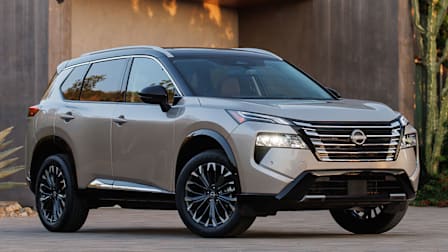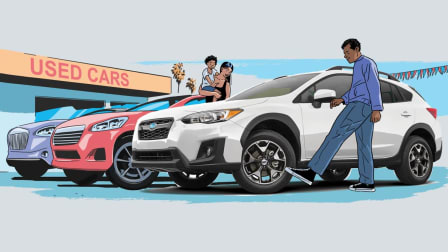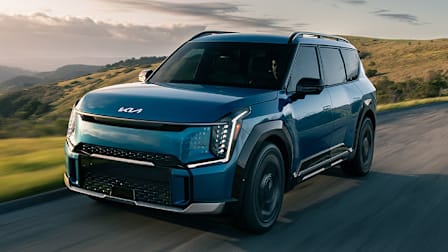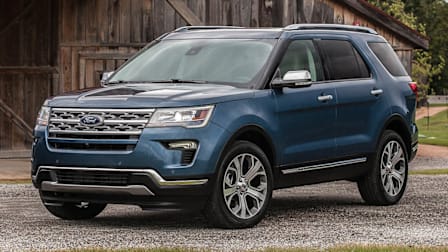Honda, Acura Say Not to Drive These Older Models Until Their Airbags Are Fixed
Older Honda Accord, Civic, CR-V, Odyssey, and Pilot models are included in this serious recall to fix dangerous Takata airbags, as are the Acura TL and CL
If you or someone you know owns an older Honda or Acura, the nation’s highest auto safety regulator says you should stop driving your car until you’ve checked at nhtsa.gov/recalls to make sure a potentially deadly airbag defect has already been fixed.
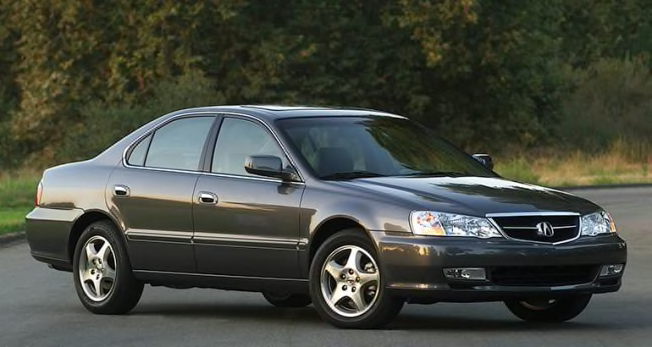
Photo: Honda Photo: Honda
It is rare for an automaker to issue what’s called a “stop driving” warning, and it highlights the danger of not getting the problem fixed. There have been calls for Honda to issue a “stop driving” warning on these vehicles since 2016. Other similar recalls have been issued recently by BMW, Dodge, Chrysler, Ford, Mazda, and Mercedes-Benz.
These defective airbags were made by Takata, a now-defunct automotive supplier, and used by 19 automakers in the U.S. A massive recall of Takata airbags started in 2014, and now includes over 42 million vehicles. As with all vehicle recalls, getting a recalled Takata airbag fixed is free.
Due to a design error, these airbags may explode and spray metal fragments at the driver and passengers in a crash. To date, there have been 24 deaths and more than 400 injuries because of this problem in the U.S. across all automakers who used Takata airbags—including one in 2021 and one in 2022 involving drivers of 2002 Honda Accords. Both Hondas had first been recalled in 2011, and the automaker said it attempted to reach both of these owners hundreds of times.
Learn more about car recalls at CR’s guide to recalls.
Stay informed about recalls that might affect your vehicle using our Car Recall Tracker.
Create a free account now to become a CR member.

